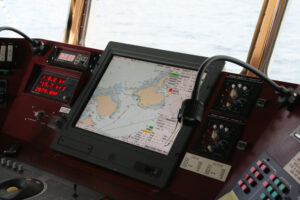The United States’ Federal Maritime Commission (FMC) will examine how conditions in the Red Sea and Gulf of Aden regions are impacting commercial shipping and global supply chains, during an informal public hearing on February 7.
The hearing will allow stakeholders in the supply chain to communicate with the Commission how operations have been disrupted by attacks on commercial shipping emanating from Yemen, steps taken in response to these events, and the resulting effects.
Furthermore, the hearing will allow the Commission to gather information and identify any new issues related to these disruptions subject to Commission statutes, such as implementing contingency fees and surcharges.
Washington-based FMC said panels and participants will be announced at a later date and are intended to include representatives of vessel-operating common carriers and shippers. Participants must present in person; there will be no virtual option for presenters.
The recent turmoil in the Red Sea region has led to major shifts in international shipping strategies. A significant number of shipping lines have put a halt to their voyages through this critical maritime corridor due to the ongoing attacks.
Analysts predict that this disruption could cause knock-on effects, affecting various sectors and potentially leading to an overall rise in freight rates.
“The longer this crisis goes on, the more disruption it will cause to ocean freight shipping across the globe and costs will continue to rise,” Peter Sand, chief analyst at freight platform Xeneta, said on Friday.
“This means goods being delayed, or not arriving at all, and rising prices for the end consumer.”
Peter Sand added: “Tension in the Middle East is nothing new and there has always been a level of risk for ocean freight shipping. You cannot rule anything out, but it is unlikely we will see escalations of this kind in the Strait of Hormuz.
“But we are looking at months rather than weeks or days before this crisis reaches any kind of resolution.”



